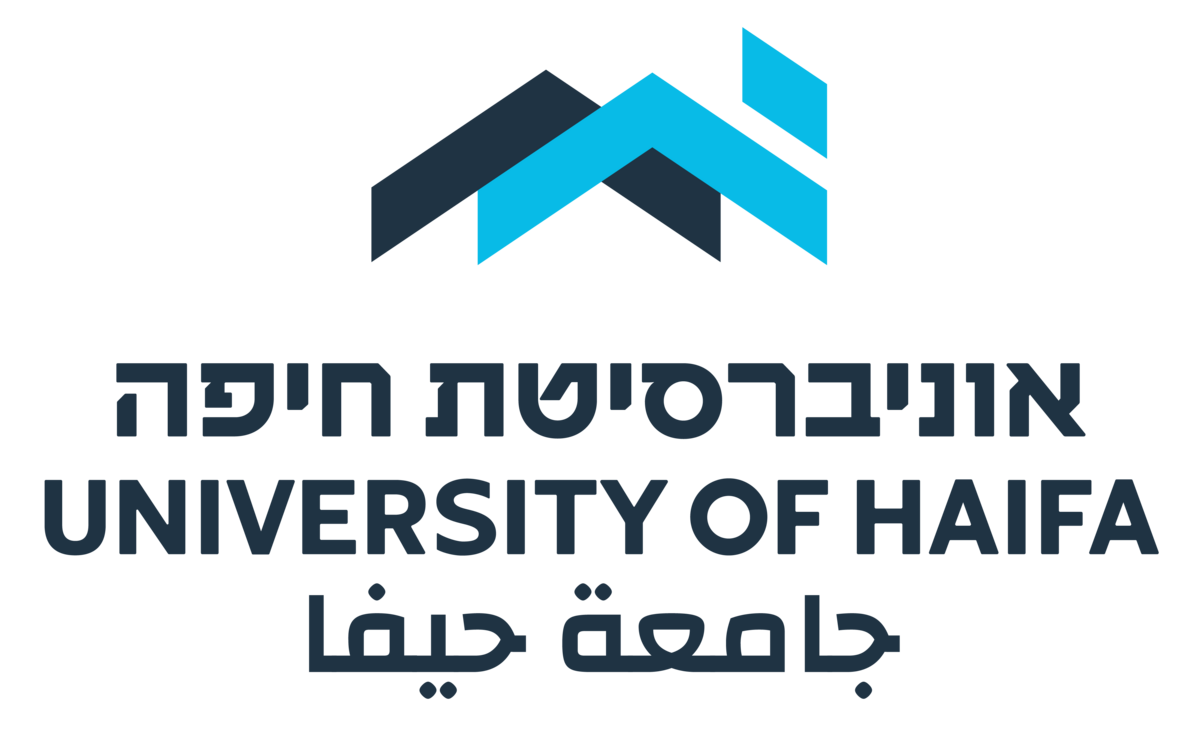The members of the Doctorate committee are: Prof. Hanoch Kaphzan (Chairperson), Prof. Rafi Lamprecht, Prof. Kobi Rosenblum, Prof. Gal Richter-Levin, and Prof. Mouna Maroun.
The Ph.D. research program and curriculum emphasize integrative research from the molecular and cellular levels to system organization and behavior. The program accepts outstanding and highly motivated students with a master's degree (M.Sc. or equivalent) in life sciences or exact sciences that includes a written research thesis that has been submitted and approved. A master degree grade of at least 85 and a thesis score of at least 86 are required to qualify for the Ph.D. program.
Graduate students from foreign universities or branches of foreign universities that operate in Israel with the approval of the Higher Education Council, will be required to successfully pass the GRE exam.
Candidates will be required to submit two letters of recommendation. One of these letters should be from their master thesis supervisor.
List of documents required for registration:
Guidelines for Research Decleration
Intended supervisor consent form
Research program and curriculum
The duration of the Ph.D. program is four years. Students studying toward a PhD degree will have to fulfill the following requirements:
A. Choosing a research supervisor and topic of research
Students who meet the criteria for acceptance, will be required to contact and find a supervisor from the department (a faculty member with the rank of senior lecturer and above with tenure at the University of Haifa), whom is willing to guide the student and supervise the research. The student then must submit a Research Statement describing the research aims and the main research methods.
B. Courses and seminars
Students will be required to take a series of mandatory courses (16 class hours per week)
* All courses are mandatory (the students can choose between "Seminar in molecular subjects in learning and memory" and "Seminar in electrophysiological studies")
* Students will be required to participate in the departmental Ph.D. days (1-2 every year) as well as to the departmental yearly retreat.
* Participation in the Seminar in Neurobiology, which hosts lecturers from Israel and abroad, is required throughout the studies.
C. Research program and approval
During the first year students will be at stage 1 of their Ph.D. studies. During this year students will write, in English, a detailed research plan in the standard format of a research proposal of the Israel Science Foundation (up to 25 pages), including preliminary results of their research. The research plan should be original and with a reasonable chance to advance the knowledge and understanding in the subject of research. The research plan will be presented by the student in the departmental Ph.D. days.
The proposal will first be submitted to the departmental Doctorate Committee for internal examination by one of the faculty members. Following approval by the Doctorate Committee a final version will be submitted to the Graduate Studies Authority. The proposal will then be reviewed by external reviewers and revised if needed. Following approval by the Graduate Studies Authority, students will be assigned the status of students in stage 2.
D. Carrying out research and progress report
At the end of each year in stage 2, students will submit a progress report, signed by their supervisor, to the Doctorate Committee.
E. Submitting the PhD thesis for evaluation
Once completed, the Ph.D. thesis can be submitted in one of two formats:
(1) PhD thesis in publications format: At least three submitted scientific articles in high standard professional journals, in which the student is the first author on each of the three manuscripts. Only a single article of the three publications is permitted to be first co-authorship (i.e. first two authors in equal contribution). In the remaining two other manuscripts, the student is required to be the sole first author. Only two students will have the privilege to add the same manuscript to their thesis as co-authors, provided they are the first two authors with equal contributions. The decision of whether a journal meets the publication standard will be determined by the PhD committee. The papers will appear as chapters in the Ph.D. thesis in accordance with doctoral studies regulations. The student will add to the thesis the summarizing sections of Abstract, Introduction, Aims and objectives and Discussion
(2) Regular PhD monograph format: In this case, the written thesis will not exceed 100 pages (not including appendices). The thesis should include Abstract, Introduction, Aims and objectives, Methods, Results and Discussion. In cases that the thesis exceeds 100 pages, approval is required from the PhD committee.
The thesis will also be presented by the students in a lecture seminar.
F. Doctoral thesis evaluation
Following the approval of the Departmental Doctorate Committee, the Thesis will be submitted to the Graduate Studies Authority for further approvals and external review in accordance with Ph.D. degree regulations.
G. Direct PhD program
The Sagol Department of Neurobiology has a program of direct studies toward a Ph.D. degree. This program is designed for outstanding B.Sc. with high grades average (at least 90) and appropriate recommendations. The students will be required to maintain a high grades average in the first year of the PhD studies. In addition, outstanding M.Sc. first year students at the department can move to the combined Ph.D. program. Students in these programs will be required to complete the quota of courses totaling 36 class hours, and submit their research proposal no later than the beginning of their fourth semester.





